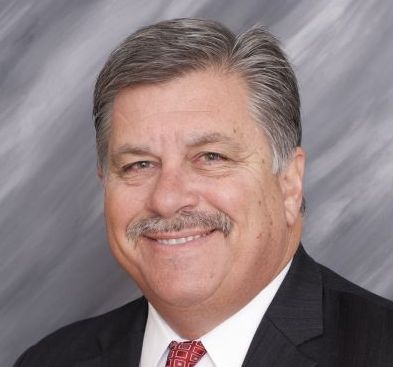Taking Our Generosity Beyond Ourselves

Earlier this fall, my wife and I attended a wonderful evening dinner theater, in which the themed evening was “A Tribute to Frank Sinatra”. During the course of the show, we were entertained to no fewer than 50 of the great melodies made classics by Ol’ Blue Eyes. Prior to the show, we settled in for a magnificent dinner, and during that time, our host came out to greet the audience. After announcing some memorable anniversaries and special occasions among those in attendance, the host offered a wonderful short story about Sinatra.
As our host told it, one night Sinatra arrives at a hotel in New York City. As he exits his limousine, he warmly greets the doorman, who immediately and pleasantly responds to Sinatra with a brief greeting. Stepping toward the door, Sinatra asks the doorman, “Sonny, what’s the largest tip you ever received?”
The doorman replies, “One hundred dollars, Mr. Sinatra.”
Sinatra then stops, reaches into his pocket, takes out $200 and gives it to the doorman before continuing on to the lobby entrance. But just before he enters, Sinatra turns to the doorman once more and asks, “Say, who was it that gave you the hundred dollars?”
To which the doorman replies, “Well, you did Mr. Sinatra”.
Of course, the audience found the irony of the exchange between Frank Sinatra and the appreciative doorman quite entertaining, as did my wife and I. But I also saw in that small story a very important lesson for any of us: We can exceed our own generosity.
It also seems to me, however, that generosity isn’t as accurately measured by the monetary value of what we give to someone else. Rather, the real worth and importance of anything we give is that it first is of value to whom we give, and perhaps just as importantly, it reflects in some measure our sincerity for giving; a purpose, if you will.

A leader must be willing to give at a rate that could at any moment exceed his previously-known limit (like that Sinatra fellow).
Where Frank Sinatra unknowingly exceeded himself in being gracious to someone he was being served by, it is also clear that Sinatra was demonstrating a core component of his purpose for giving: By being more fortunate, Sinatra recognized perhaps a responsibility to be more generous—not merely taking advantage of an opportunity in an otherwise non-public setting. This is a key factor for all of us who come into and out of a myriad of social engagements every day.
But for a leader, these are very much essential to the definition of our character among those who follow us; evaluate us; and who can be inspired by us. When we as leaders give in a deliberate and specific manner to another, we are modeling purpose to those we honor as well as anyone who may witness this. But let us not confuse being deliberate with being demonstrative. That is because leadership, like giving, is not performed to be noticed—it is an act of care, of being considerate, and of bonding.
For the leader who gives freely her knowledge, time and opportunities to others so that those around her can gain and grow, is truly setting the standard by which success becomes unharnessed and willing to venture into both new levels and new arenas. This process develops into behaviors, habits, values and ultimately ethics—the very ingredients that the most accomplished teams and groups routinely demonstrate. It is also reinforced because those whom the leader provided her immediate gifts to then became additionally resourced to give to still more people, and that ever-widening circle becomes a self-fueling mechanism within the organization.
We’ve all read and heard and watched numerous accounts of effective leadership having the hallmarks of a commitment to develop, sharing a vision, and modeling the values and standards the organization pursues. But having a generous mindset is as important as any of those three attributes. A leader must be willing to give at a rate that could at any moment exceed his previously-known limit (like that Sinatra fellow).
If giving really is better than receiving, let’s start being generous now so that we have established habits before the New Year arrives. That way, there won’t be any need for resolutions of this kind. We’ll simply be enjoying a new form of giving, and generosity.

CAREER ADVICE

GOV TALK
